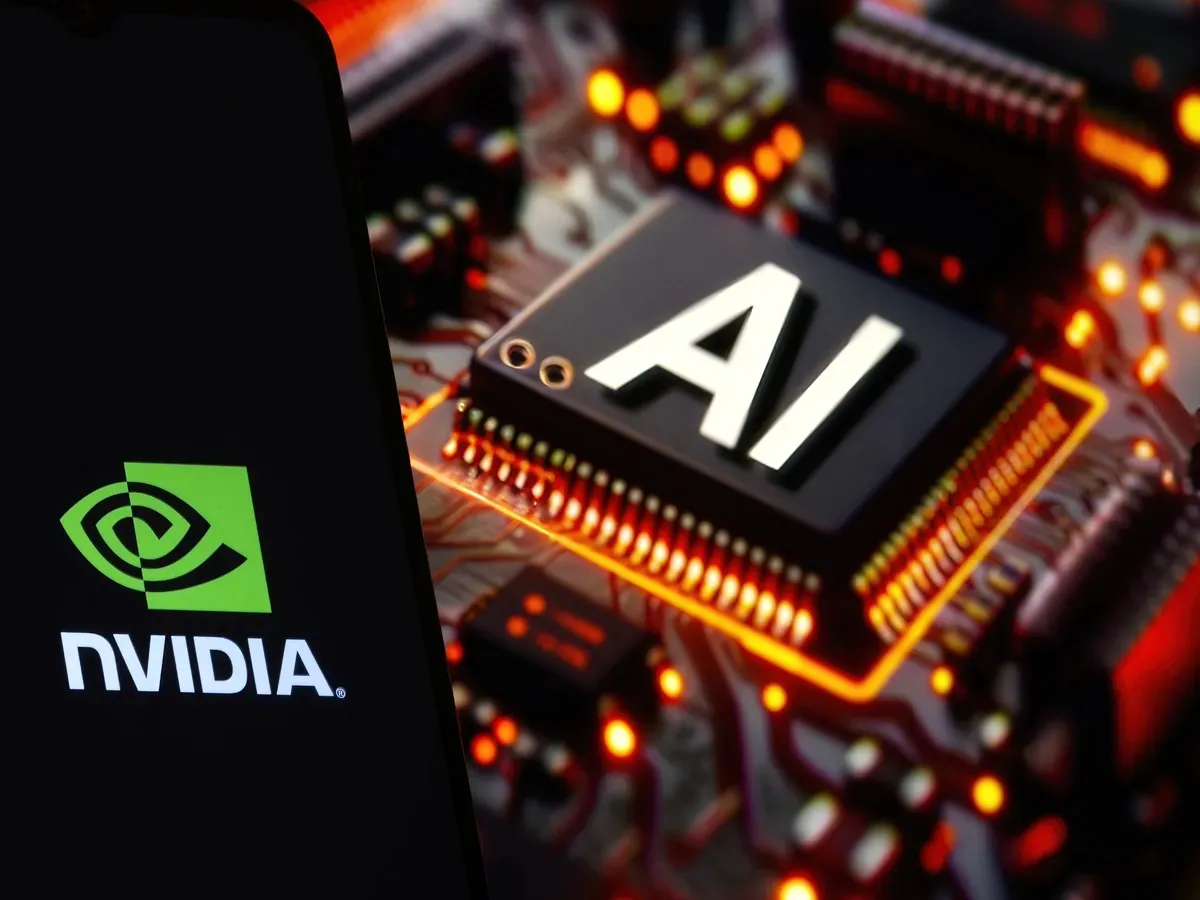Business News
Nvidia, AMD agree to give US govt 15% of China AI chip sales revenue in quid pro quo
.png)
3 min read | Updated on August 11, 2025, 11:17 IST
SUMMARY
Nvidia and AMD have agreed to give the US government 15% of revenue from sales of advanced AI chips to China, including Nvidia’s H20 and AMD’s MI308 models, as a condition for export approval.

The unprecedented revenue-sharing deal follows meetings between Nvidia CEO Jensen Huang and President Donald Trump.
In an unprecedented quid pro quo arrangement, Nvidia and Advanced Micro Devices (AMD) have agreed to give the US government 15% of revenue from sales to China of advanced artificial intelligence chips, the Financial Times reported on Sunday.
The revenue-sharing arrangement was agreed as a condition for obtaining permission to sell chips such as Nvidia’s H20 and AMD’s MI308 in China.
This is the first time American companies have pledged a share of foreign sales to obtain approval to ship products overseas, according to export control experts.
The US Commerce Department began issuing export licenses for both chips on Friday, two days after Nvidia CEO Jensen Huang met President Donald Trump, the newspaper said.
The Trump administration had not yet determined how the money would be used.
Nvidia announced in July that Washington would allow sales to resume and said it expected to start deliveries soon. The licences for H20 exports were issued two days after Nvidia chief executive Jensen Huang met President Donald Trump at the White House.
When asked about the 15% revenue-sharing requirement, Nvidia said in a statement: “We follow rules the US government sets for our participation in worldwide markets.” The company added: “While we haven’t shipped H20 to China for months, we hope export control rules will let America compete in China and worldwide.”
The arrangement comes amid opposition from some national security experts, who argue the H20 could aid China’s military AI capabilities. Nvidia has rejected those claims as “misguided”.
Commerce Secretary Howard Lutnick has defended the resumption of sales, calling the H20 Nvidia’s “fourth-best chip” and saying it is in America’s interest for Chinese companies to use US technology, even if the most advanced versions are kept off the market.
China is a major market for both chipmakers. Nvidia reported $17 billion in revenue from China in its last fiscal year, or 13% of total sales, while AMD generated $6.2 billion in 2024, accounting for nearly a quarter of its revenue.
Bernstein analysts estimate Nvidia would have sold about 1.5 million H20 chips in China in 2025, generating roughly $23 billion in revenue before the export restrictions took effect.
The revenue-sharing arrangement also comes amid Trump's call to remove "highly conflicted" Intel CEO Lip-Bu Tan due to his ties to Chinese firms and raising doubts about plans to turn around the struggling American chip icon.
Tan reportedly invested at least $200 million in hundreds of Chinese advanced manufacturing and chip firms, some of which were linked to the Chinese military.
By signing up you agree to Upstox’s Terms & Conditions
About The Author

